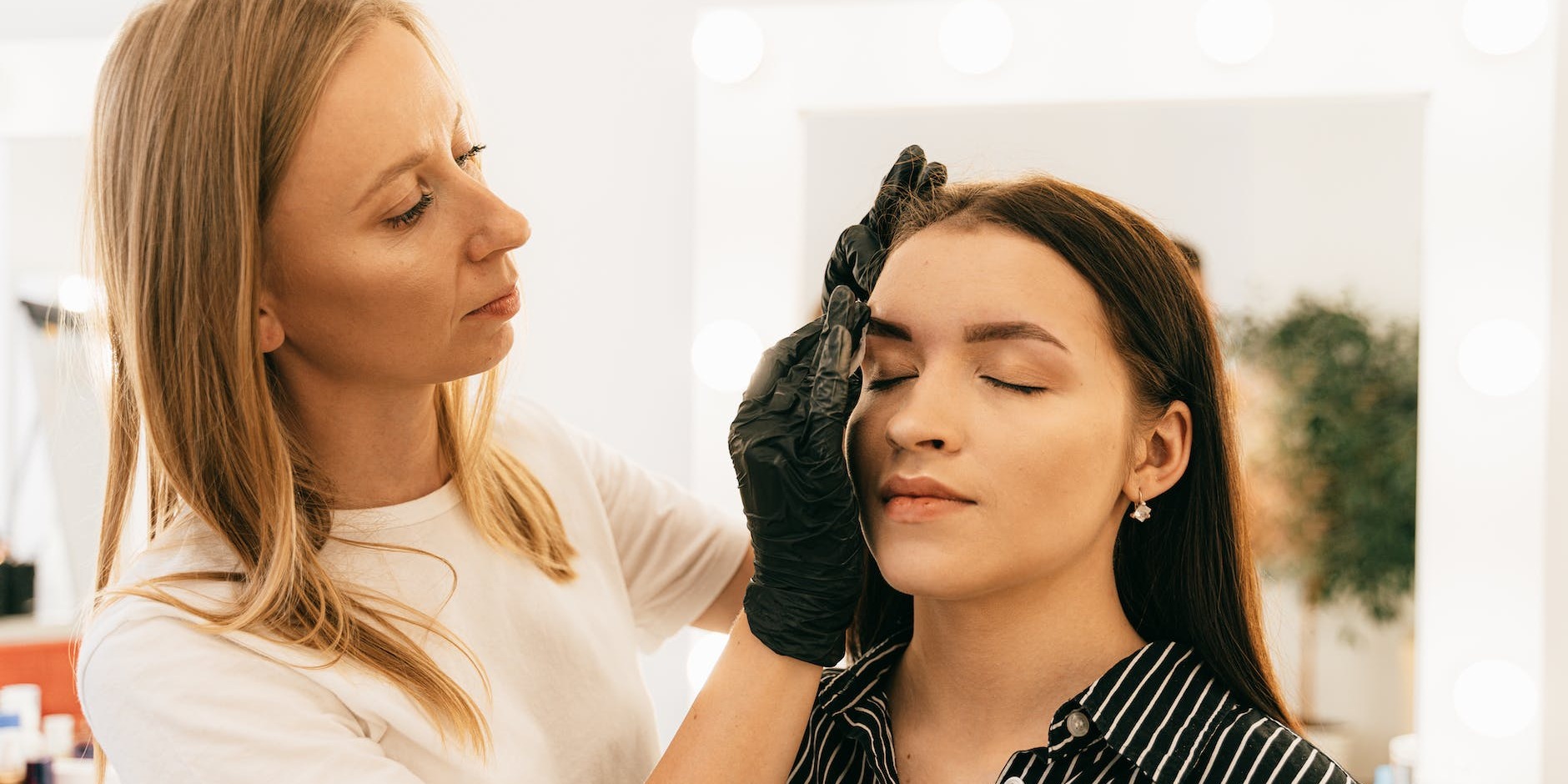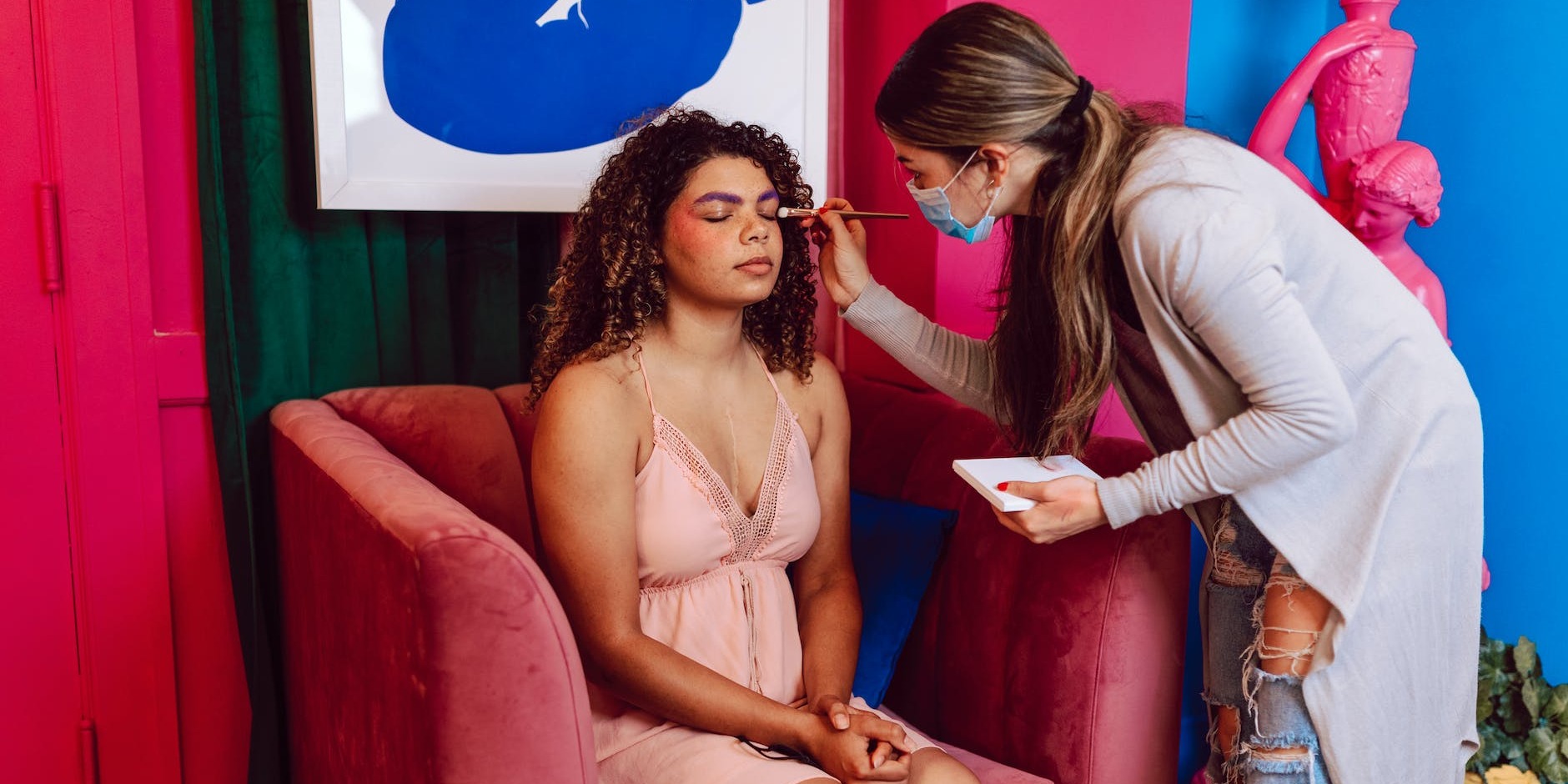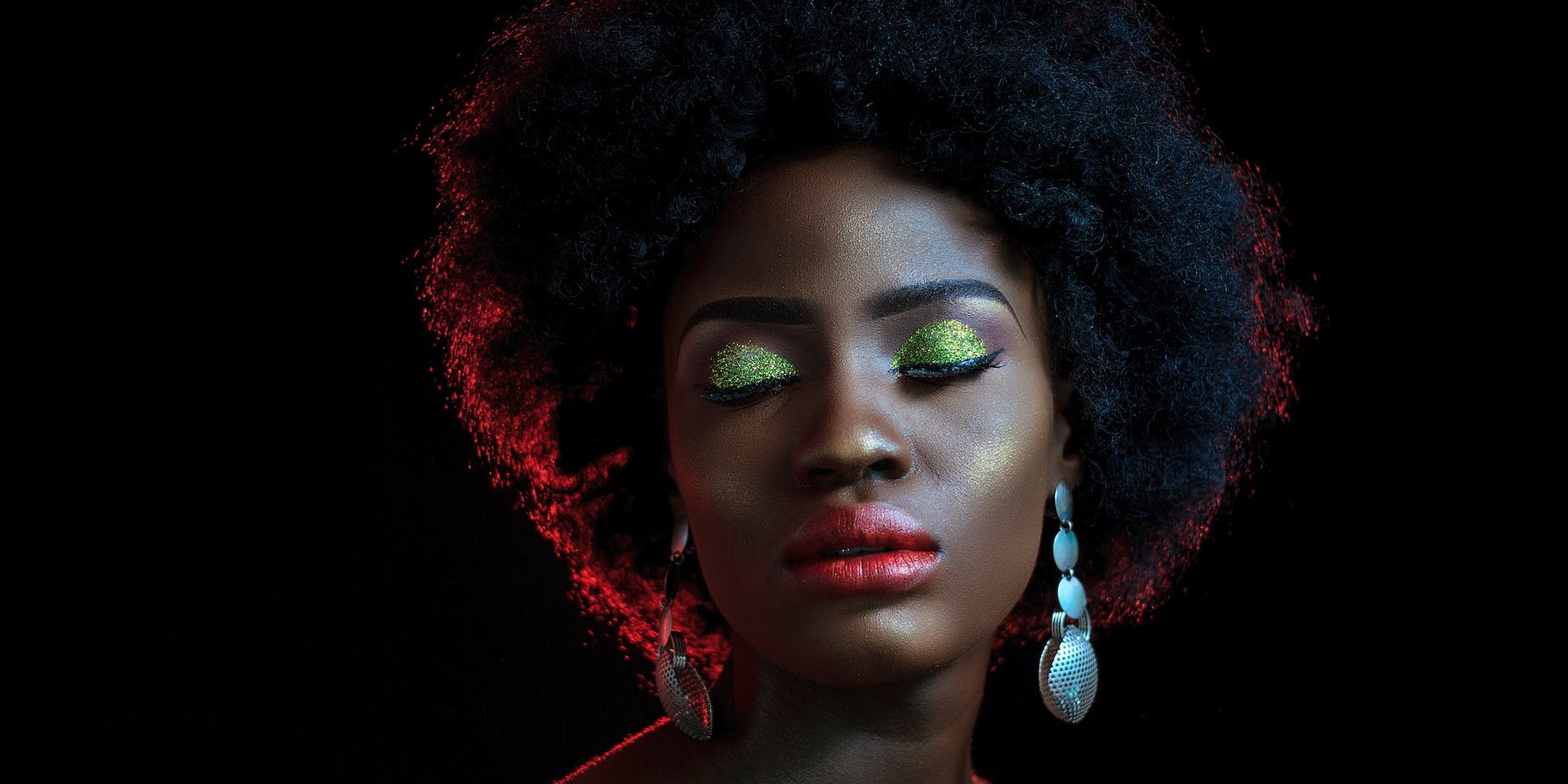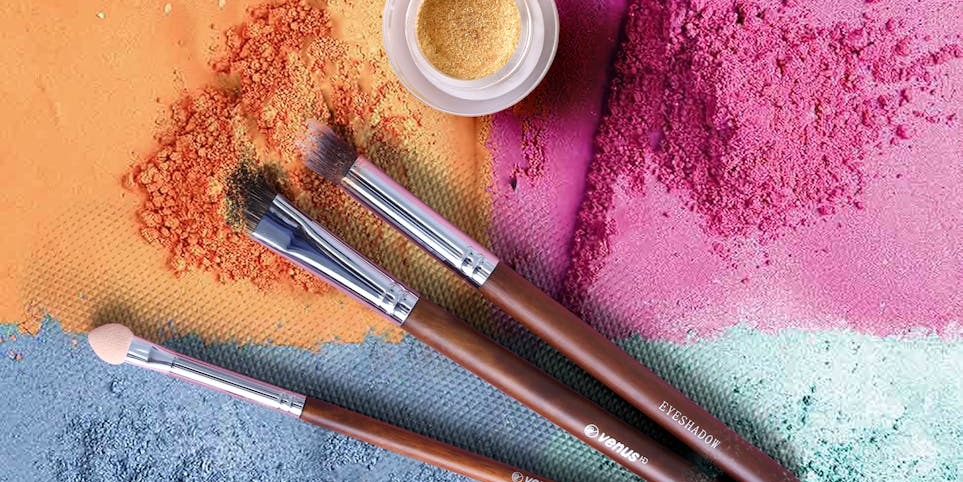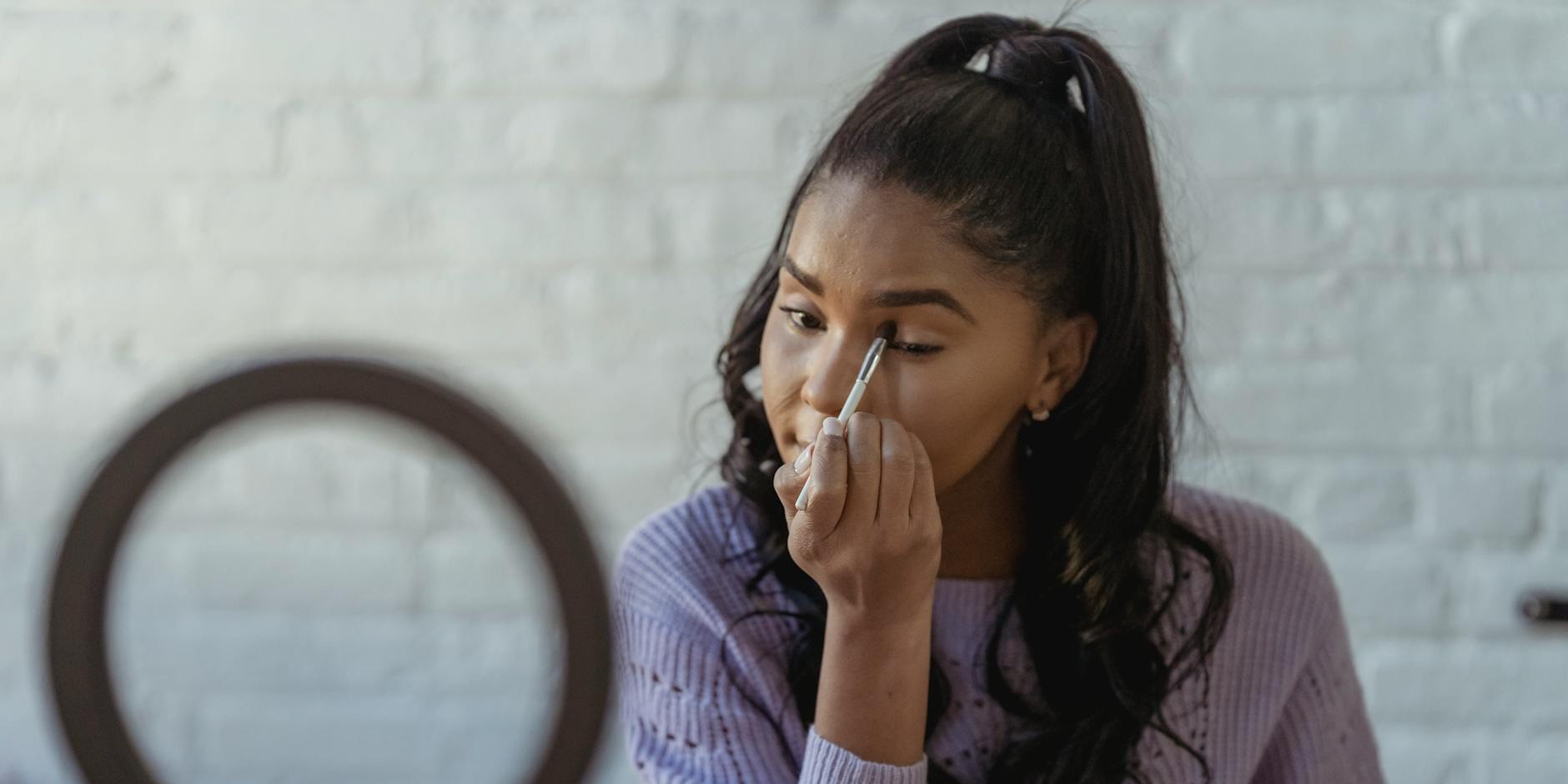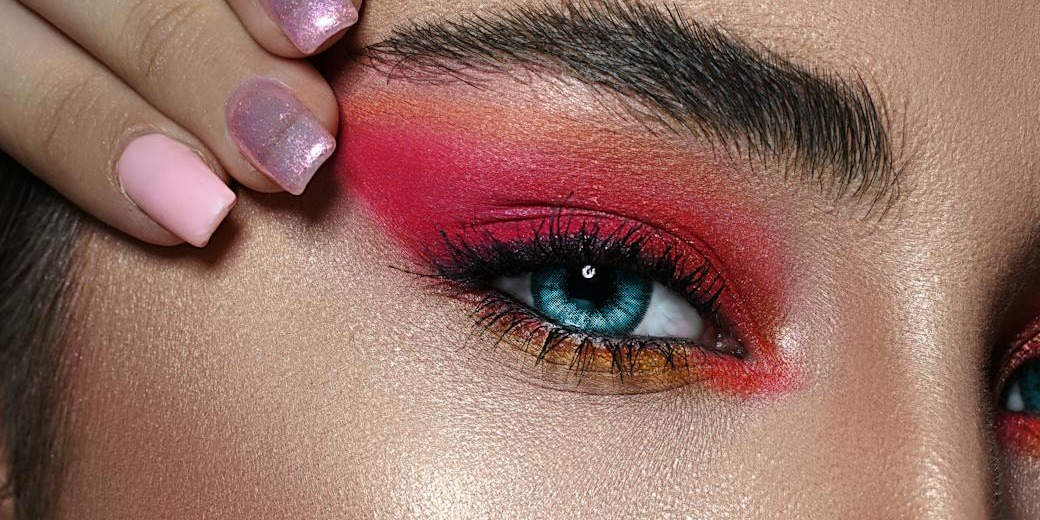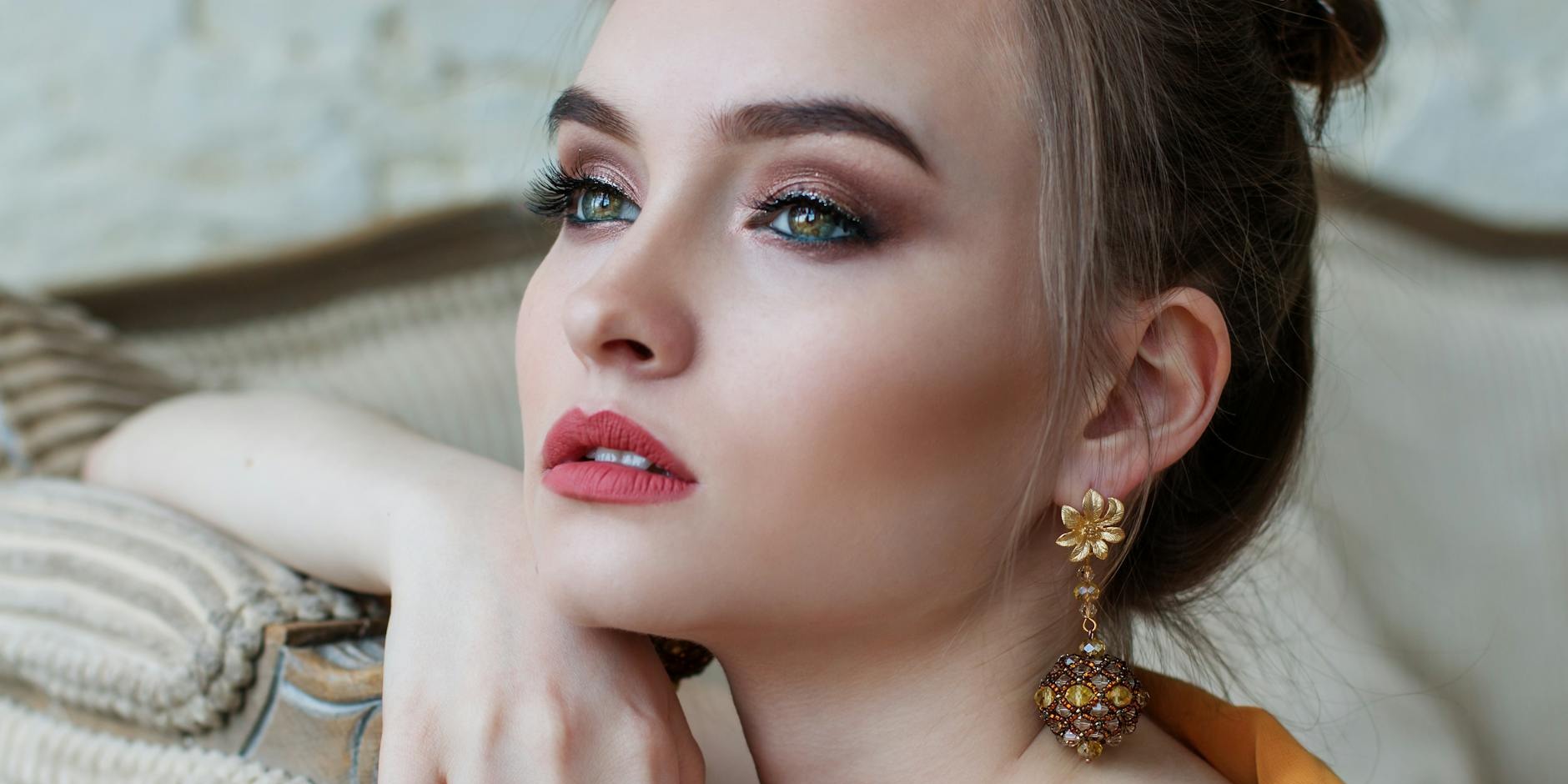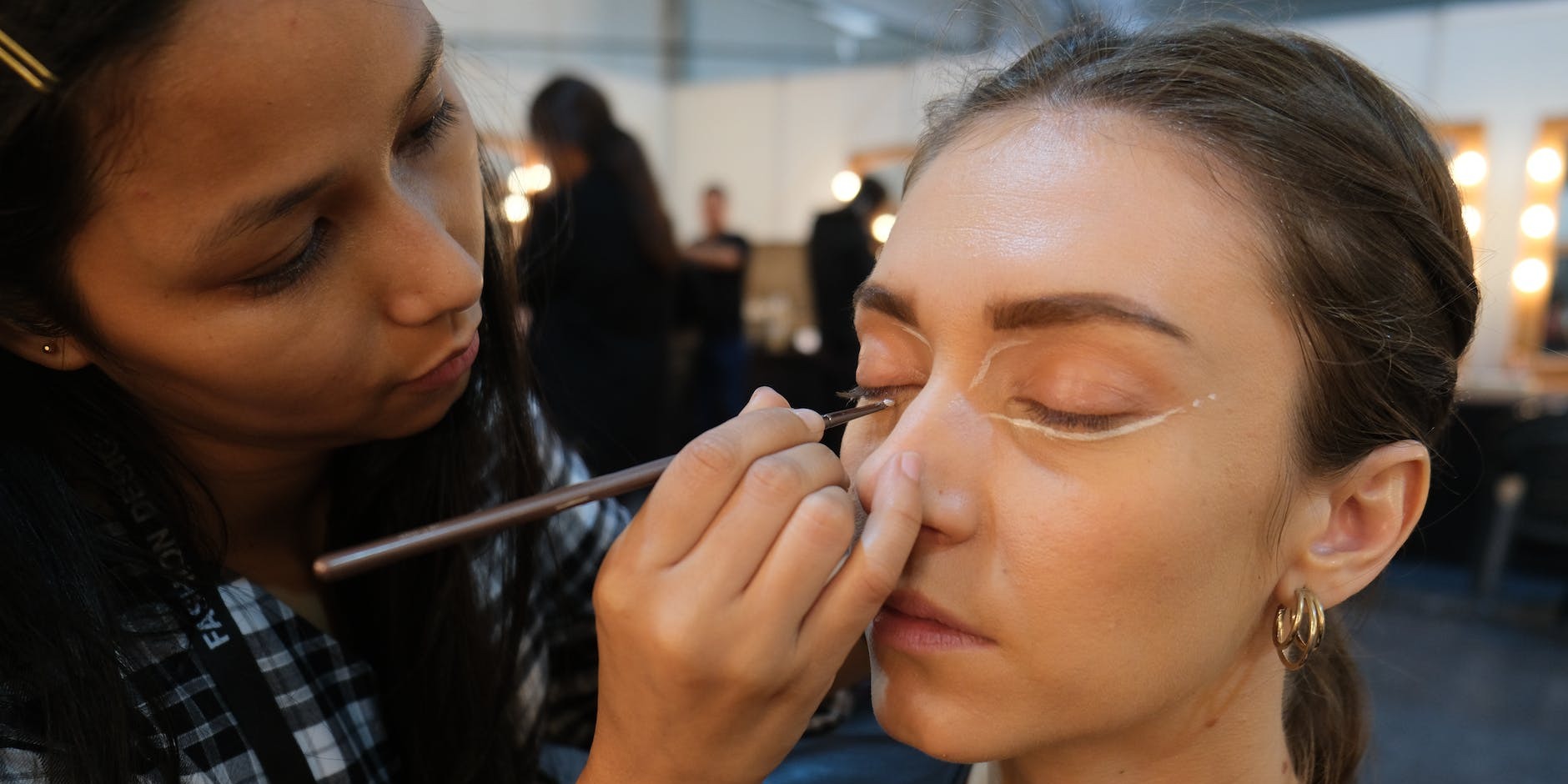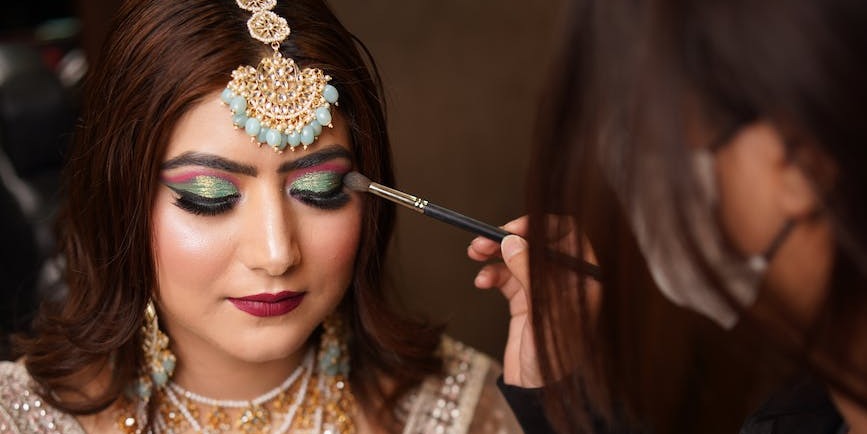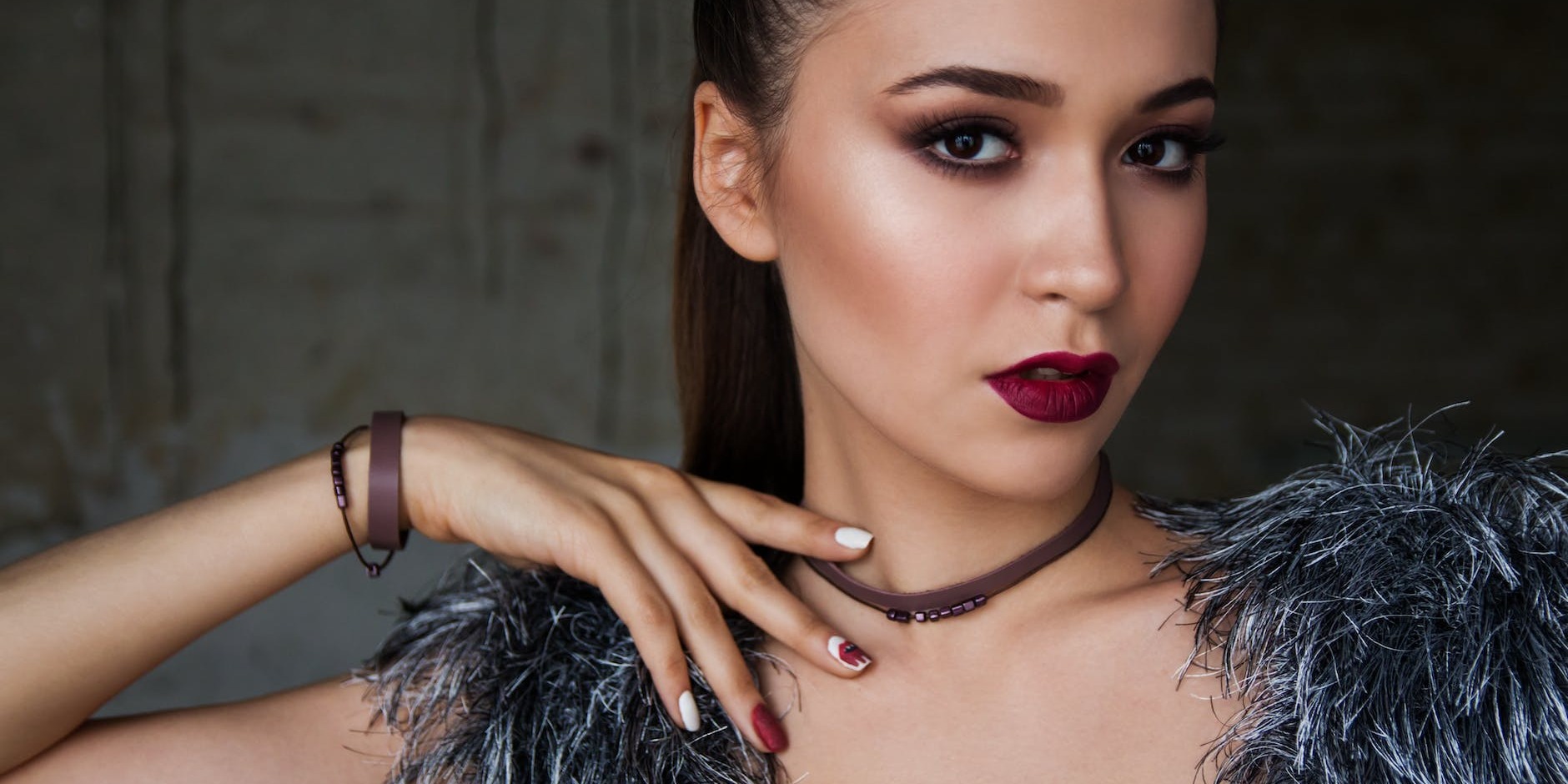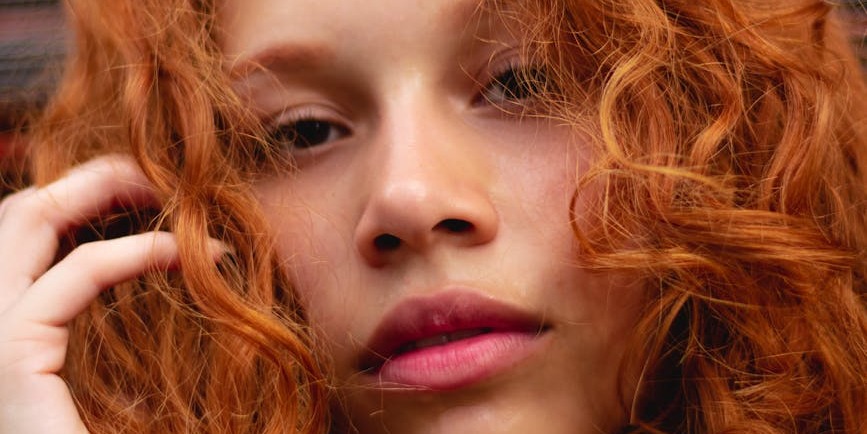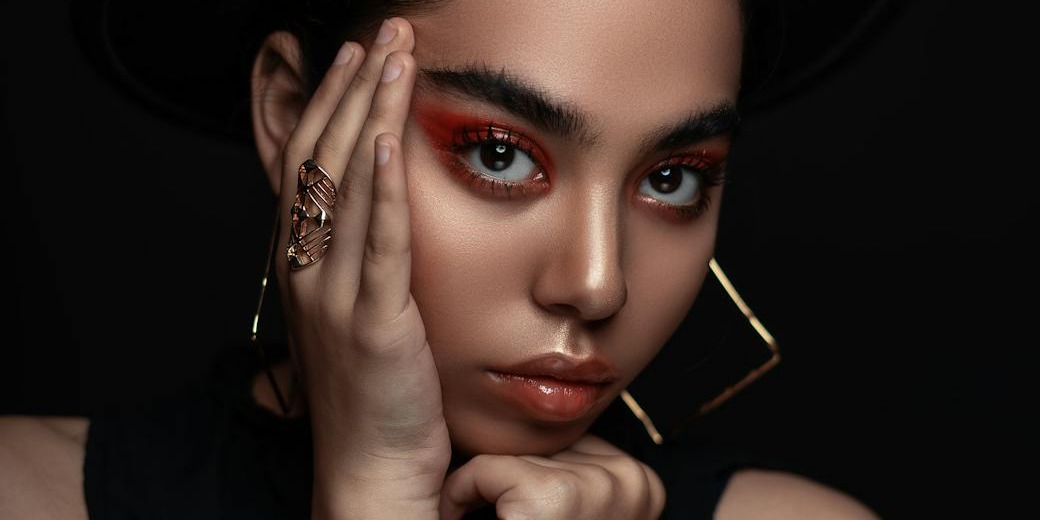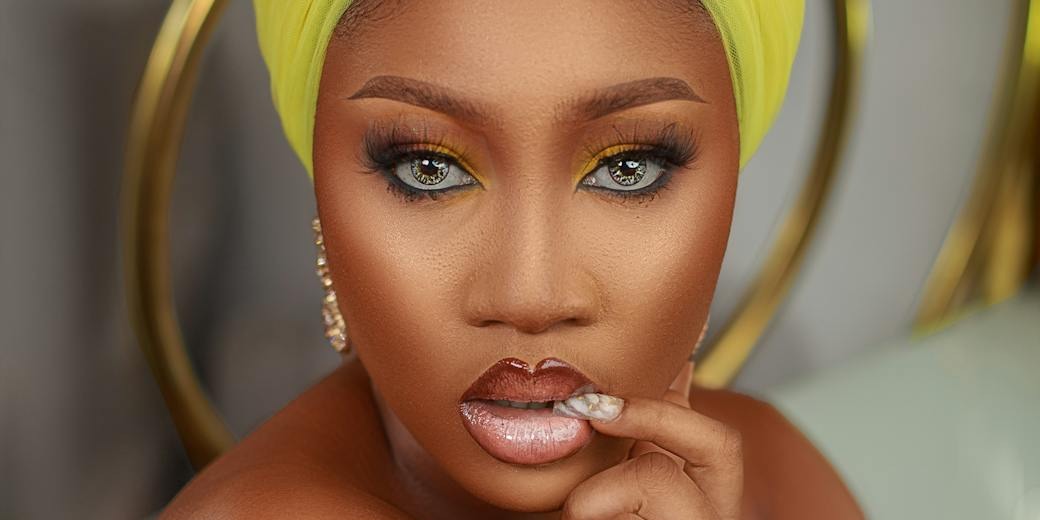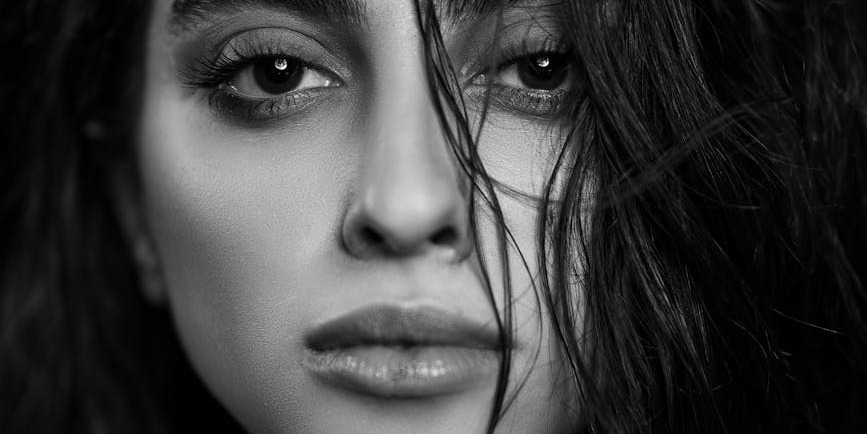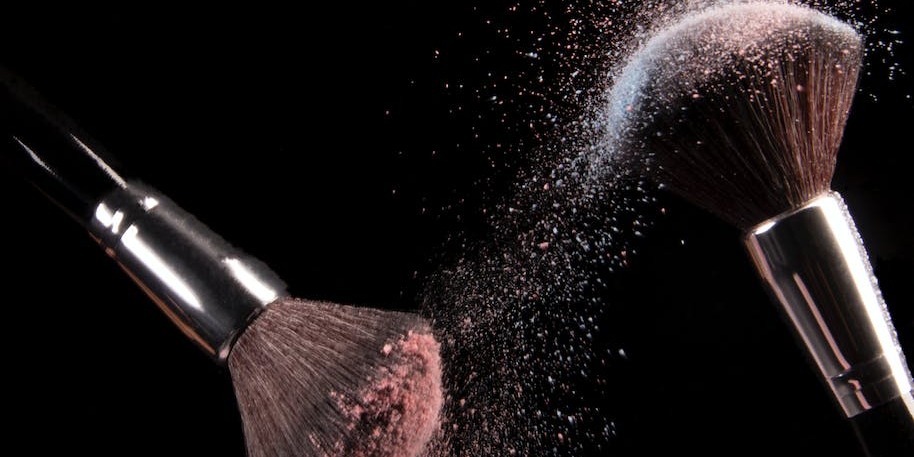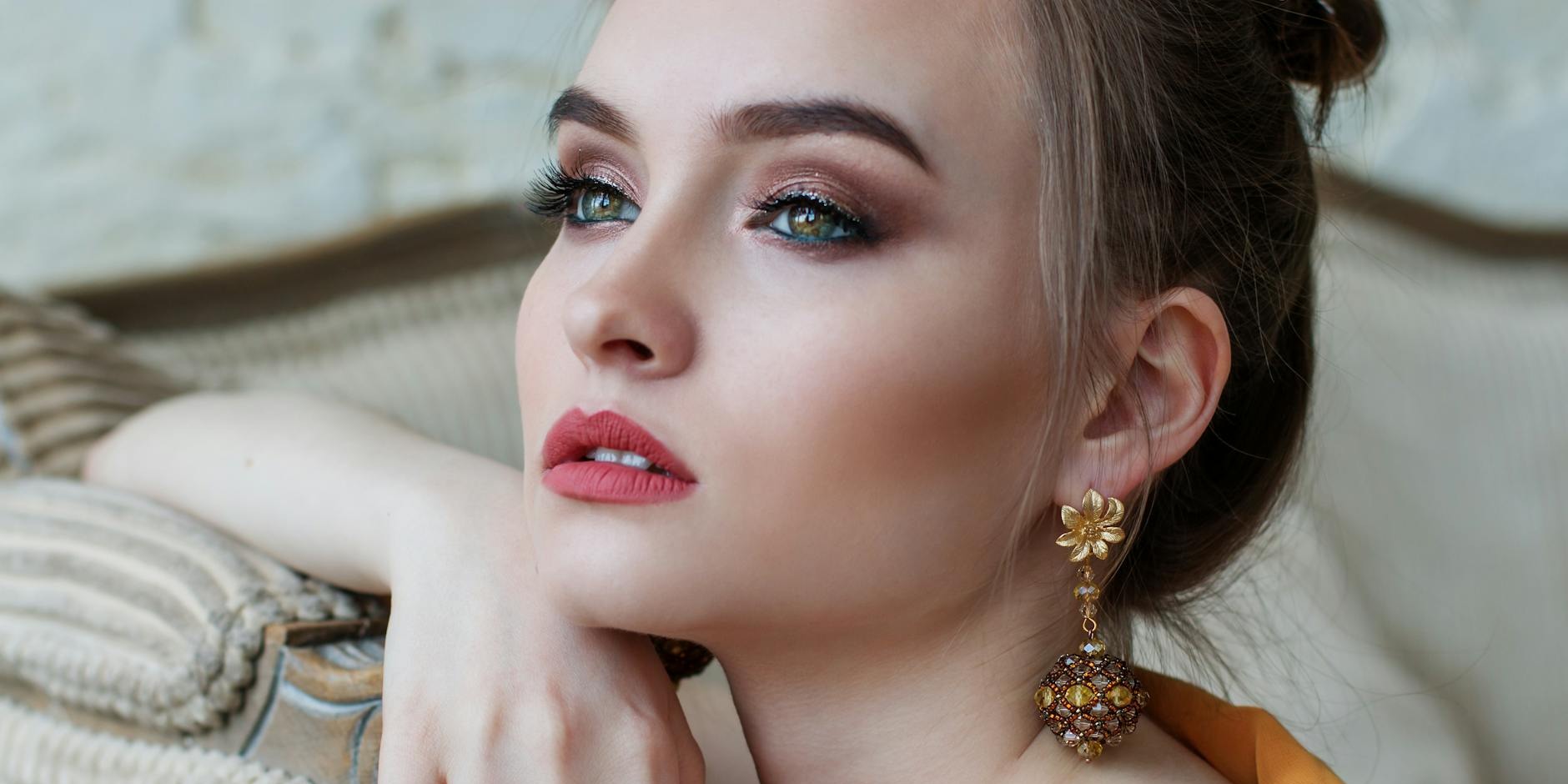- Publish Date: 26th March 2024
Recently Updated
1
Picture-Perfect: Makeup Tips for Lasting UK Prom Night Memories
Capture the magic of prom night with makeup that stays picture-perfect from dusk till dawn.
2
Making Memories: Iconic UK Prom Makeup Moments
Explore the most iconic makeup moments that have shaped UK prom nights.
3
Trending Now: Top UK Prom Makeup Styles of the Year
Get inspired by the top UK prom makeup styles dominating this year's trend list and find your perfect prom night look!
4
Bridging Cultures: Makeup Artistry for Indian Weddings in Britain
Explore the rich tapestry of Indian wedding makeup artistry within the British cultural landscape.
1
Navigating Cancellations: What to Know When Booking a MUA
Understand the ins and outs of makeup artist cancellations to safeguard your event's beauty needs.
2
Questions to Ask Your Makeup Artist Before Securing Your Booking
Ensure a flawless beauty experience for your special day by asking the right questions before you book your makeup artist.
3
What to Look for in a Makeup Artist's Portfolio Before Booking
Discover the key elements that showcase a makeup artist's talent and why they matter for your special occasion.
4
Top Tips for Booking Your Perfect Makeup Artist in the UK
Discover essential tips for selecting the best makeup artist for your needs in the UK.
1
The Benefits of Booking a Professional MUA for Your Wedding Day
Learn how a professional MUA can transform your wedding day look and make you feel truly special.
2
What to Look for in a Makeup Artist's Portfolio Before Booking
Identify what truly makes a makeup artist's portfolio stand out to ensure you make the right choice.
3
How to Find and Book a Reputable Mobile MUA for Your Event
Learn the key steps to finding and booking a reliable mobile makeup artist for your next event.
4
The Perfect Prom: Beauty Tips for UK Students
Make your prom night unforgettable with our curated beauty tips tailored for UK students!
1
Culturally Inspired Prom Looks for British Teens
Explore a range of prom makeup looks inspired by diverse cultures, perfect for British teens looking to make a statement!
2
Global Glamour: Adapting International Makeup Styles for the UK's Diverse Populations
Discover how to blend international makeup styles with the UK's rich cultural tapestry, creating stunning looks that celebrate diversity.
3
The Beauty of Diversity: Makeup Tips for Mixed-Race Skin Tones in Britain
Unveil the secrets to enhancing the unique beauty of mixed-race skin tones with our expert makeup tips in Britain.
4
Universal Glamour: Inclusive Beauty Tips from UK's Mobile Makeup Pros
Unlock the secrets to universal glamour with inclusive beauty tips from the UK's leading mobile makeup professionals.
1
Expert Beauty Secrets for British Pakistani Skin Tones
Discover the bespoke beauty tips tailored for the unique needs of British Pakistani skin tones.
2
The Art of Makeup for Darker Skin Tones: Expert Tips from the UK's Best
Gain professional insights into enhancing the natural beauty of darker skin tones.
3
Influencing Beauty: The Partnership Between Mobile Makeup Artists and UK Influencers
Join the synergy between UK influencers and mobile makeup artists shaping todayâs beauty landscape.
4
Hailey Bieber Revives '90s Inspired Eyeliner
Rediscover the charm of the '90s with Hailey Bieber's iconic eyeliner style that's making a big comeback.
Making the Most of Your Makeup Session: Tips for Working with Your MUA
Maximize your makeup session with expert tips for collaboration and achieving the ultimate look with your MUA.
Navigating Cancellations: What to Know When Booking a MUA
Understand the ins and outs of makeup artist cancellations to safeguard your event's beauty needs.
The Do's and Don'ts of Booking a Makeup Trial Session
Maximize the value of your makeup trial session with these critical do's and don'ts to ensure you look your best.
Understanding Pricing: What Factors into the Cost of Booking a MUA
Unravel the mystery behind makeup artist pricing and what to expect when booking a professional for your event.
Questions to Ask Your Makeup Artist Before Securing Your Booking
Ensure a flawless beauty experience for your special day by asking the right questions before you book your makeup artist.



